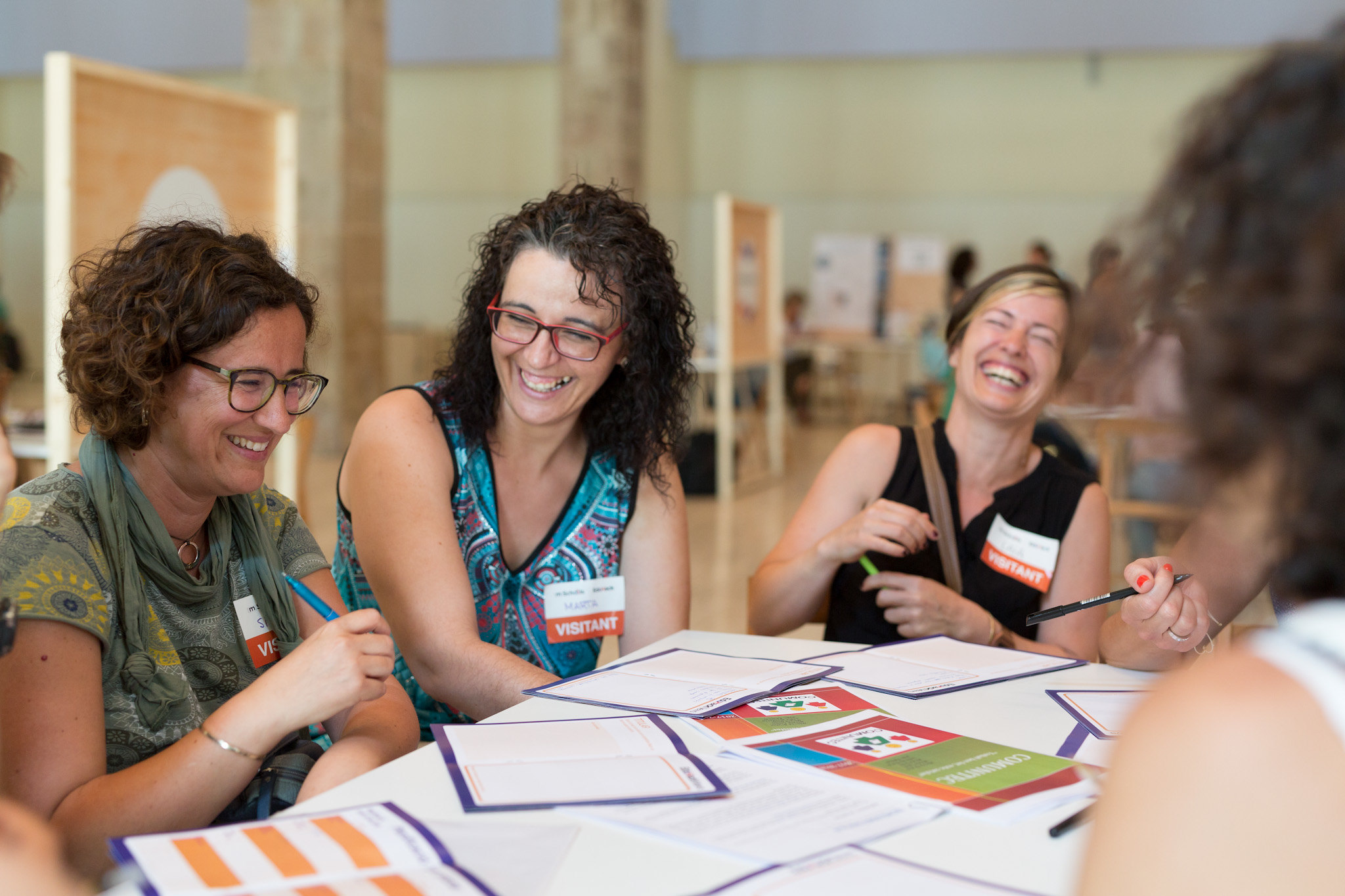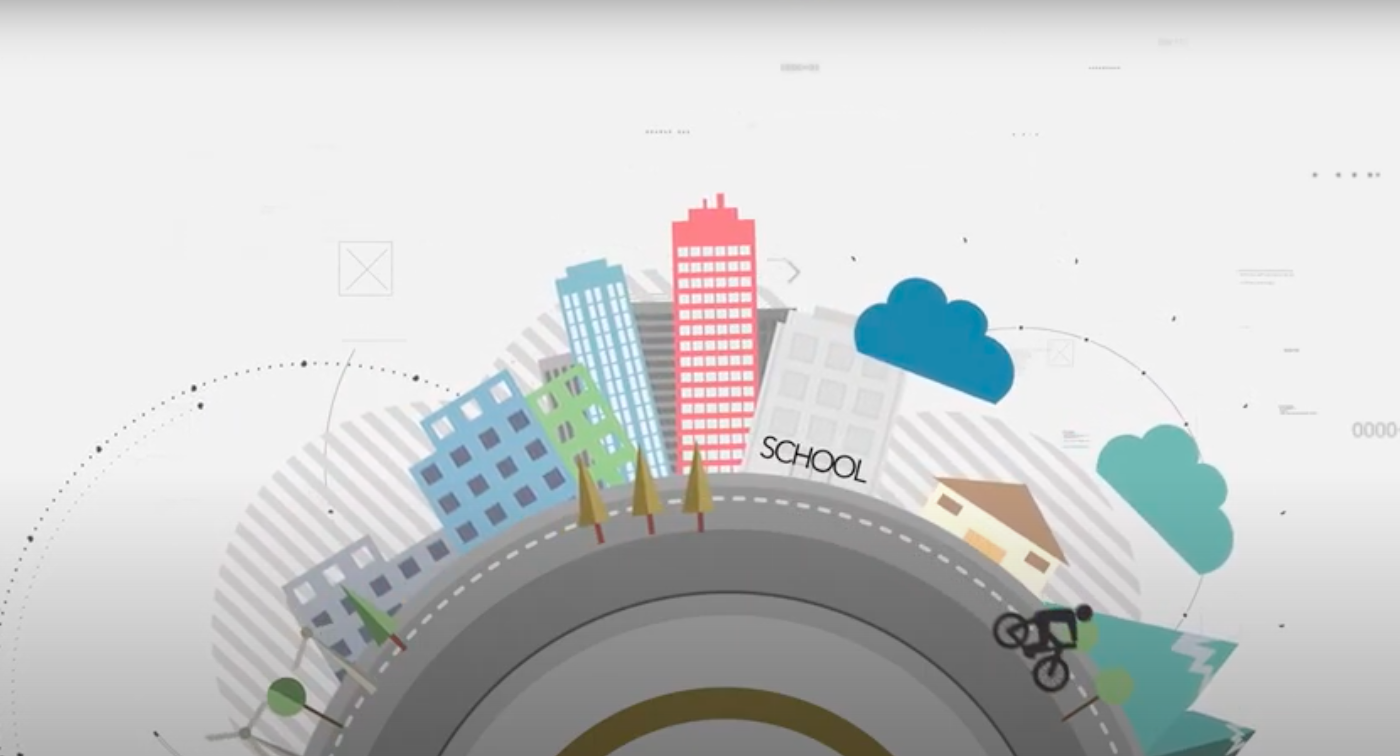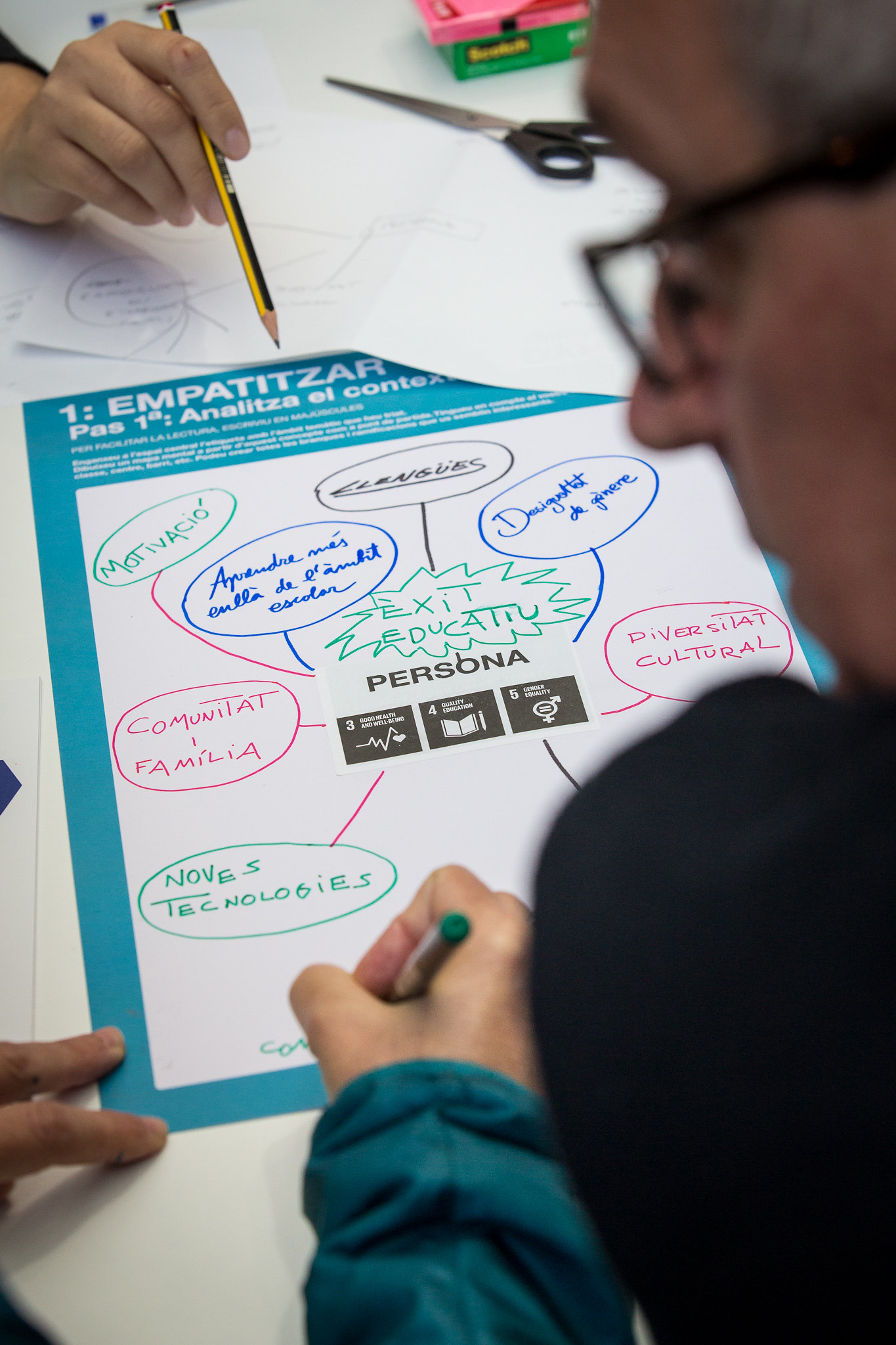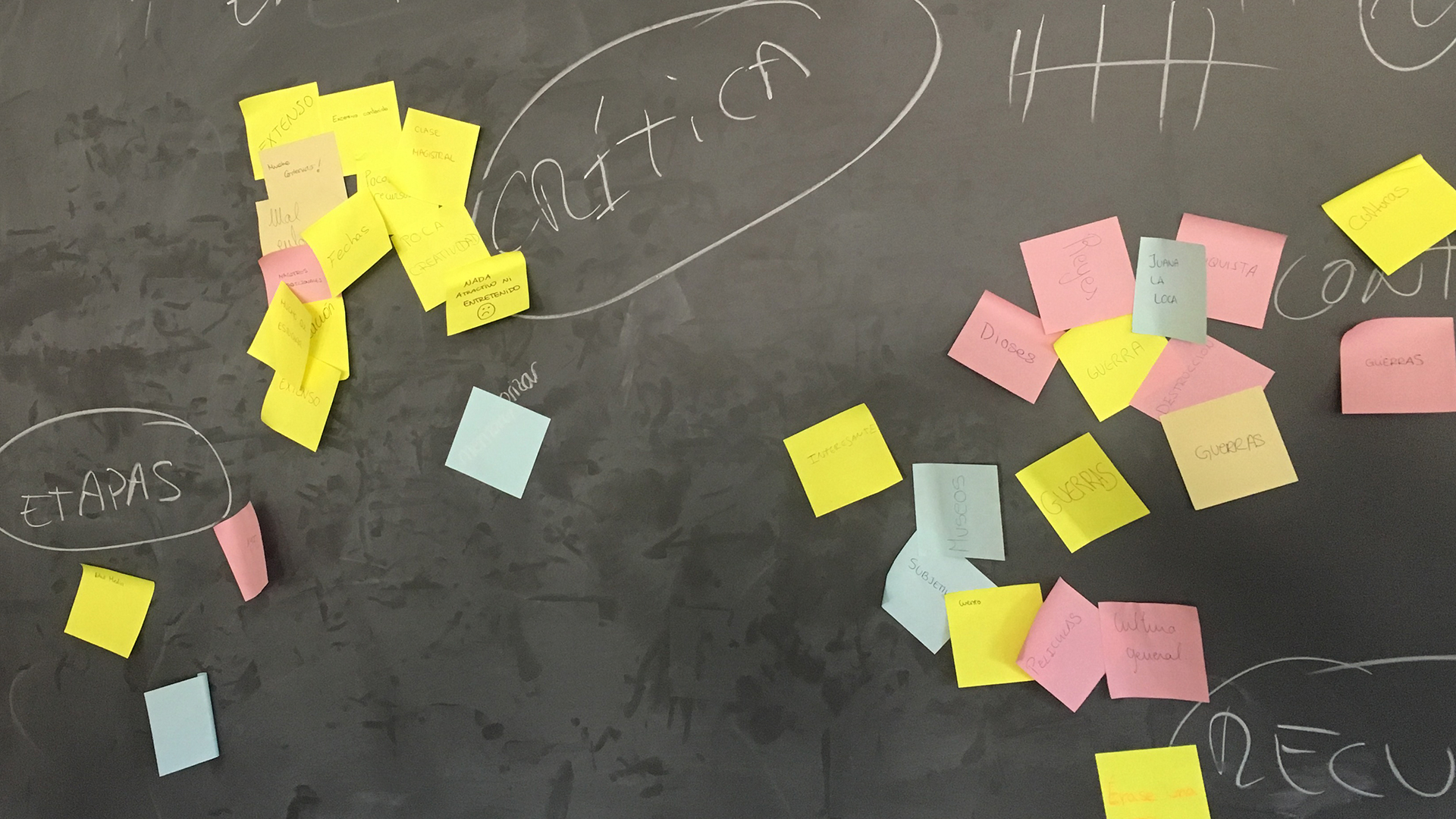
EduHack in Catalonia: co-creating learning experiences using design thinking
What is Eduhack?
We live in a global and hyperconnected digital world where the rapid and constant evolution of technologies has driven the need for transformation in all areas of society. Education is no exception. mSchools EduHack was articulated precisely in response to this scenario and 2 editions and 60 didactic proposals later, we can say that the initiative has been a success.
EduHack is a co-creation process based on Design thinking that, in its 2 editions, has connected, inspired and trained more than 800 Catalan teachers to identify and design innovative experiences for the classroom, the school and the community, always making use of digital technology. Over 160 didactic proposals, inclusive and digital, came out of this process and they have been tested in approximately 150 schools throughout the territory, impacting 7,500 students.
mSchools developed EduHack as a shared journey to teach and apply the principles of design thinking and co-creation through teamwork and collaboration between teachers and schools, to design meaningful learning experiences, resulting in didactic proposals that can be tested and integrated in classrooms and schools.


El mètode Eduhack
160
teaching proposals
800
designers and testers
7.500
impacted students
Breaking barriers between communities
At mSchools we have seen that one of the commonalities across the educational community is that teachers want to work together to solve old and new challenges within our education system. Instead of avoiding difficult and complex issues, they get involved in collaboratively designing practical solutions.
Through the use of an online platform and teamwork, EduHack provided a methodology for teamwork, as well as opportunities for peer learning and creation.
We believe that collaboration encourages pollination, mixing teachers of different disciplines stages, schools, and geographical location. EduHack promotes reducing barriers and broadening horizons through the design and exchange of new ideas across educational communities.
EduHack methodology: co-creation stages
Empathise
Design Thinking proposes that we connect with our most curious self, asking ourselves why things are the way they are or why we do them the way we do them. It encourages us not to ignore what is obvious and to go out and explore the world. Our exploration will have to two directions:
Understanding the environment in which we want to act and look for inspiration in other environments.
Understanding the People Involved: How do our students, other teachers, or the school administration team experience this problem?
Define
At this stage, the design challenge must be defined. But what is it exactly? The design challenge stems from a problem that needs to be addressed. A good challenge allows us to look beyond the current paradigm and solutions to reach completely new possibilities. Choosing the right guide and deciding on the scope of the challenge can be difficult, so it’s important to explore and understand the problem itself before embarking on solutions.
Create
It is about allowing people to play with the idea in the early stages of its development, so that elements that do not work can be redesigned from user feedback. In this way, it is possible to understand whether the concept satisfies the needs of the people as expected before fully implementing it.
Share
Sharing design with other teachers involves explaining not only the end result, but also the process that has been followed and collecting, where appropriate, contributions, advice, improvements,… Design Thinking involves an iteration, a continuous improvement of the work done by enriching it with other views and experiences and, most importantly, networking between teachers and experts.

The result: a few projects that have been tested
As a result of the methodology proposed by the Eduhack initiative, more than 60 didactic proposals have emerged, which have been piloted and tested in various Catalan schools. Here are some examples:
- ‘Fotem el camp’, Escola Nostra Llar, Sabadell: students use augmented reality to show their school during the open day.
- ‘Apadrinament digital’, Institut de Santa Coloma de Farners, Girona: intergenerational proposal to support the elderly in the discovery and use of digital materials and tools.
- ‘Minicraftegem un edifici singular’, Escola Joan Miró, Canovelles: students recreate a unique building in their immediate environment using Minecraft.

By working in this way, students are very motivated, very involved, eager to continue learning. It is a very comprehensive way of learning that promotes cooperative work.
Anna Maria Viñas ,
Escola Nostra Llar, Sabadell (Barcelona)
An initiative based on collaboration
The initiative also focuses on building collaborative relationships with companies, universities, research centers and public institutions to design and work together to accelerate the digital transformation of the education sector.
Pompeu Fabra University, University of Girona, University of Lleida and Rovira i Virgili University have collaborated in the development of this initiative.



